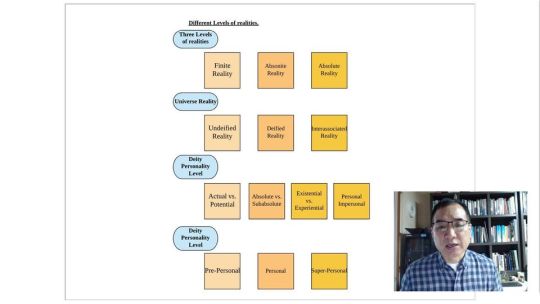#absonate reality
Text
Different Levels of Reality
Different Levels of Reality

View On WordPress
#Absolute#absolute reality#absonate reality#actual#deified reality#Entertainment Culture#finite reality#Harshit Pawar#I Kid with Brad Garrett#personal#potential#pre-personal#subabsolute#Technology Internet#undeified reality#Urantia#Urantia adventure#Urantia Book#Urantia Book Papers#Urantia Book Videos#www.facebook.com/100001176407630/videos/2333066850075839
0 notes
Text
Issues with Monoculture
As mentioned in other entries, vegans and those consuming plant-based diets may be attempting to make an environmentally friendly decision with the products they consume, but this is challenging as simply being plant-based does not inherently eliminate a product’s potential to carry a significant ecological footprint. Many processed plant-based frozen foods that are growing in popularity derive their proteins from soy and wheat. These two products are commonly grown in monocultures that cause a plethora of devastating effects on the environment.
Monocultures do not succeed in upholding sustainable principles. The first issue that they pose is deforestation and habitat loss in the clearing of the fields that will be used for production. It is well understood in the public sphere that deforestation has been a problem for years. Deforestation for monocultures by definition decreases species diversity as many species are being replaced with a single species. Food security has been connected to maintenance of this biodiversity (Wittman et. Al, 2017). Among many other benefits of biodiversity, food security is an important one for many people around the world. This also has a domino effect on the surrounding ecosystem that relies on said diversity. For example, one study found that ‘agricultural systems with low-intensity farming practices and forested landscape allow the preservation of a significantly higher diversity of bees than agricultural systems with high-intensity farming practices and highly deforested landscape’ (Vides et. Al, 2019). As diversity of bees is an important factor in upholding crop productivity, the damage the deforestation does to the ecosystem actually harms the potential productivity in a given monoculture.

(McConnell, 2018)
Soybean production in general is often accompanied by high rates of erosion, and this is exacerbated by a lack of crop rotation (Altieri, 2009). In the US Midwest, an average of 16 tons of soil are lost per hectare of soy (Altieri, 2009). As herbicide tolerant soy varieties have been developed, farmers are able to grow more soy which can only lead to more erosion. Soil erosion is difficult and time intensive to reverse and so for the future of agricultural resiliency, it is beneficial to limit this as much as possible. The herbicide that most of the soy in the US is resistant to is glyphosate (Altieri, 2009). Glyphosate has made headlines for the many problems it causes including toxicity to soil microorganisms, mycorrhizal fungi, earthworms, arachnids, and aquatic organisms (Altieri, 2009). Productive agriculture relies on a functioning ecosystem that includes many of these organisms and greater threats to their biodiversity due to monoculture farming could implicate a future collapse of these systems.
This all contributes to a reality where plant-based products desired by vegans and other plant-based dieters impede their own potential goals of environmentalism. This is yet another challenge that limits the accessibility of options for people who both want to live this lifestyle as well as help the environment with all of their actions. This is relevant to a growing need for systemic change.
References
Altieri, M. A. (2009). The ecological impacts of large-scale agrofuel monoculture production systems in the Americas. Bulletin of Science, Technology & Society, 29(3), 236-244.
McConnell, A. (2018, May 10). Growing Soybeans 101. Successful Farming. https://www.agriculture.com/crops/soybeans/growing-soybeans-101
Vides-Borrell, E., Porter-Bolland, L., Ferguson, B. G., Gasselin, P., Vaca, R., Valle-Mora, J., & Vandame, R. (2019). Polycultures, pastures and monocultures: Effects of land use intensity on wild bee diversity in tropical landscapes of southeastern Mexico. Biological Conservation, 236, 269-280.
Wittman, H., Chappell, M. J., Abson, D. J., Kerr, R. B., Blesh, J., Hanspach, J., ... & Fischer, J. (2017). A social–ecological perspective on harmonizing food security and biodiversity conservation. Regional Environmental Change, 17(5), 1291-1301.
0 notes